Code
HCS33243
Weight
12 Kg / 26.46 lbs
Size
Height
44cm (17") Width
31cm (12") Depth
23cm (9") Material
Copper
Availability
Available

Safe Payment
We accept Paypal, Money Transfer, Bank Transfer
Confidence
Protection covers your purchase and personal data.
Worldwide Delivery
We ship Worldwide, except Russia.Shipping cost US$25.2 for upto 0.5 kgs

Hotline
Talk to help line for your question on 9841267335Gold Painted Face
The face of [manjushri] Or [manjushree] Buddhist Handmade Statue, [full Gold Plated], [face Painted] is painted with gold to enhance its significant features, particularly the eyes, and lips. This detailed painting is essential as it brings forth the crucial attributes of the expression of eyes and lips that metal carving alone cannot capture.
Moreover, the painted face serves as a symbolic and sacred ritual in Buddhism, preparing the statue for consecration and practice. The act of painting the face with gold in Buddhism holds deep meaning. It represents the intention to bring life and expression to the statue, imbuing it with a sense of vitality and presence. The application of gold on the face showcases the devotion and craftsmanship of the artisans, ensuring that every detail is carefully attended to honor the sacred essence of the [manjushri] Or [manjushree] Buddhist Handmade Statue, [full Gold Plated], [face Painted]. Read More . . .
The face of [manjushri] Or [manjushree] Buddhist Handmade Statue, [full Gold Plated], [face Painted] is painted with gold to enhance its significant features, particularly the eyes, and lips. This detailed painting is essential as it brings forth the crucial attributes of the expression of eyes and lips that metal carving alone cannot capture.
Moreover, the painted face serves as a symbolic and sacred ritual in Buddhism, preparing the statue for consecration and practice. The act of painting the face with gold in Buddhism holds deep meaning. It represents the intention to bring life and expression to the statue, imbuing it with a sense of vitality and presence. The application of gold on the face showcases the devotion and craftsmanship of the artisans, ensuring that every detail is carefully attended to honor the sacred essence of the [manjushri] Or [manjushree] Buddhist Handmade Statue, [full Gold Plated], [face Painted]. Read More . . .
Full Fire Gold Plating
This [manjushri] Or [manjushree] Buddhist Handmade Statue, [full Gold Plated], [face Painted] is finished with full gold plating. also known as mercury gold plating or fire gold plating. This traditional technique involves the application of a genuine layer of gold onto the [manjushri] Or [manjushree] Buddhist Handmade Statue, [full Gold Plated], [face Painted]. Referred to as mercury gold plating, it is considered the correct and authentic form of gold plating in Nepal. Despite being more expensive than electroplating, this traditional mercury gold plating is gaining popularity again in Nepal. People are drawn to its authenticity, longevity, and the unmatched beauty it brings to the [manjushri] Or [manjushree] Buddhist Handmade Statue, [full Gold Plated], [face Painted]. The resurgence of interest in this traditional form of gold plating reflects a growing appreciation for the craftsmanship and cultural heritage of Nepal Read More . . .
This [manjushri] Or [manjushree] Buddhist Handmade Statue, [full Gold Plated], [face Painted] is finished with full gold plating. also known as mercury gold plating or fire gold plating. This traditional technique involves the application of a genuine layer of gold onto the [manjushri] Or [manjushree] Buddhist Handmade Statue, [full Gold Plated], [face Painted]. Referred to as mercury gold plating, it is considered the correct and authentic form of gold plating in Nepal. Despite being more expensive than electroplating, this traditional mercury gold plating is gaining popularity again in Nepal. People are drawn to its authenticity, longevity, and the unmatched beauty it brings to the [manjushri] Or [manjushree] Buddhist Handmade Statue, [full Gold Plated], [face Painted]. The resurgence of interest in this traditional form of gold plating reflects a growing appreciation for the craftsmanship and cultural heritage of Nepal Read More . . .
Lost-Wax System
This Bodhisattvas of [manjushri] Or [manjushree] Buddhist Handmade Statue, [full Gold Plated], [face Painted] is made by the process of the Lost Wax system. This is a very complicated, time consuming and historic process of making metal sculptures.Which is why it is sometimes called Precision Casting as well. Hence the sculptures made by this process are comparatively expensive. There are many new, advanced and less time consuming methods of casting metal sculptures available as well. But due to the benefits provided by the traditional lost wax system in quality control and customization, we prefer the Loss wax system over Ceramic molding, or sand casting to make our Bodhisattvas.
Below we have tried to illustrate the process of making a loss wax system statue: Read More . . .
This Bodhisattvas of [manjushri] Or [manjushree] Buddhist Handmade Statue, [full Gold Plated], [face Painted] is made by the process of the Lost Wax system. This is a very complicated, time consuming and historic process of making metal sculptures.Which is why it is sometimes called Precision Casting as well. Hence the sculptures made by this process are comparatively expensive. There are many new, advanced and less time consuming methods of casting metal sculptures available as well. But due to the benefits provided by the traditional lost wax system in quality control and customization, we prefer the Loss wax system over Ceramic molding, or sand casting to make our Bodhisattvas.
Below we have tried to illustrate the process of making a loss wax system statue: Read More . . .
Brief Introduction :
Manjushree is a Sanskrit word meaning 'gentle glory'. In Sanskrit, "shree" means 'glorious' or 'honorable'. His name signifies one who embodies enlightened wisdom. He confers mastery of the Dharma, wisdom, and eloquence and teaches the path of a bodhisattva in the Mahayana tradition.
Commentary :Manjushree is the Bodhisattva who holds the flaming sword [Skt. Khadga] of enlightenment, by his left hand in a warning( Tarjani) hand gesture ( Mudra) in his left hand representing his realization of wisdom to cut through ignorance & wrong view. His right hand depicted in teaching (Jnana Mudra) holds the stem of a Blue Lotus (Utpala) flower upon which rests the Book (Pustaka) of Perfection of Transcendental Wisdom. The blue lotus is a symbol of the victory of the spirit over the senses and signifies the wisdom of knowledge. This represents the lotus that he obtained from the middle of the lake in the Kathmandu Valley out of which grew a lotus bearing a Blue Flame which represents wisdom. Manjushree sits upon a moon disc upon a lotus with an elongated stem arising from a lake. He wears a gold diadem fitted with precious jewels. He wears a silk scarf fastened at the waist and over this, a softly glowing green scarf decorated with golden motifs. His head is silhouetted against a nimbus. The lotus he is sitting on has an elongated stem and arises from a lake representing his recovery of the blue flame of transcendent wisdom and the teaching he originated. The white sash is the attire of the Vajrayana school of Buddhism.
According to legend, Manjushree founded the Nepalese civilization. In ancient times, way before Buddha Shakyamuni the Kathmandu Valley was a vast lake. The Buddha Vipashyin came to Nepal to meditate on the hill above the lake. Wishing to give the rough mountain people an object of worship, Vipashyin threw a lotus seed into the lake. When this lotus bloomed, a blue flame of wisdom light shone from the center of its thousand petals. This light was called the Swayambhunath Dharmadhatu, the Self-Sprung Infinite Field of Light, and the flame of the enlightened mind of the primal Buddha, Vajradhara burned at its center. The light of Vajradhara also emanated in the colors of the rainbow and in each of the five colors appeared one of the Five Buddhas - Vairochana, Akshobhya, Ratnasambhava, Amitabha, and Amoghasiddhi. Then Manjushri went to Nagarkot Peak on the edge of the lake, and after having pondered in Samadhi how best the lake may be drained, with his keen-edged sword of wisdom he cut three Gorges. After the lake had been drained and the Valley bottom made suitable for cultivation Manjushree founded the city of Patan which was originally called Manjupattan. He taught the people many things. Manjushree manifests himself in the form of Yamantaka, known also as Vajrabhairava in order to overcome the lord of Death, Yama.
The Book (Pustaka) represents Transcendent Wisdom which came to be embodied by the Dyani {Pancha} Buddha Families. The book symbolically contains Buddhist teaching that had been lost to mankind & which was revealed to Manjushree. The book is commonly mistaken for the Prajna Paramita which was written by many hands between 100 & 200 CE realizing the Boddhisattva Principle. The book of Manjushree alludes to Wisdom and the emanation of the Five Transcendent Buddha Families. These are Vairochana, Akshobhya, Ratnasambhava, Amitabha & Amoghasiddhi. Wisdom Energy is a power that can extinguish the Five Negative afflictions. Each family heads wisdom and energy to overcome these Five hindrances to enlightenment which are greed, hatred, delusion, jealousy & pride.
According to legend, Manjushree founded the Nepalese civilization. In ancient times, way before Buddha Shakyamuni the Kathmandu Valley was a vast lake. The Buddha Vipashyin came to Nepal to meditate on the hill above the lake. Wishing to give the rough mountain people an object of worship, Vipashyin threw a lotus seed into the lake. When this lotus bloomed, a blue flame of wisdom light shone from the center of its thousand petals. This light was called the Swayambhunath Dharmadhatu, the Self-Sprung Infinite Field of Light, and the flame of the enlightened mind of the primal Buddha, Vajradhara burned at its center. The light of Vajradhara also emanated in the colors of the rainbow and in each of the five colors appeared one of the Five Buddhas - Vairochana, Akshobhya, Ratnasambhava, Amitabha, and Amoghasiddhi. Then Manjushri went to Nagarkot Peak on the edge of the lake, and after having pondered in Samadhi how best the lake may be drained, with his keen-edged sword of wisdom he cut three Gorges. After the lake had been drained and the Valley bottom made suitable for cultivation Manjushree founded the city of Patan which was originally called Manjupattan. He taught the people many things. Manjushree manifests himself in the form of Yamantaka, known also as Vajrabhairava in order to overcome the lord of Death, Yama.
The Book (Pustaka) represents Transcendent Wisdom which came to be embodied by the Dyani {Pancha} Buddha Families. The book symbolically contains Buddhist teaching that had been lost to mankind & which was revealed to Manjushree. The book is commonly mistaken for the Prajna Paramita which was written by many hands between 100 & 200 CE realizing the Boddhisattva Principle. The book of Manjushree alludes to Wisdom and the emanation of the Five Transcendent Buddha Families. These are Vairochana, Akshobhya, Ratnasambhava, Amitabha & Amoghasiddhi. Wisdom Energy is a power that can extinguish the Five Negative afflictions. Each family heads wisdom and energy to overcome these Five hindrances to enlightenment which are greed, hatred, delusion, jealousy & pride.
Mantra of Manjushree
Om A Ra Pa Ca Na Dhih


![[manjushri] Or [manjushree] Buddhist Handmade Statue, [full Gold Plated], [face Painted]](https://handicraftseller.com/uploads/pics/product/thumb/2024/07/33243_6.jpg)
![[manjushri] Or [manjushree] Buddhist Handmade Statue, [full Gold Plated], [face Painted]](https://handicraftseller.com/uploads/pics/product/thumb/2024/07/33243_7.jpg)
![[manjushri] Or [manjushree] Buddhist Handmade Statue, [full Gold Plated], [face Painted]](https://handicraftseller.com/uploads/pics/product/thumb/2024/07/33243_8.jpg)
![[manjushri] Or [manjushree] Buddhist Handmade Statue, [full Gold Plated], [face Painted]](https://handicraftseller.com/uploads/pics/product/thumb/2024/07/33243_9.jpg)
![[manjushri] Or [manjushree] Buddhist Handmade Statue, [full Gold Plated], [face Painted]](https://handicraftseller.com/uploads/pics/product/thumb/2024/07/33243_10.jpg)
![[manjushri] Or [manjushree] Buddhist Handmade Statue, [full Gold Plated], [face Painted]](https://handicraftseller.com/uploads/pics/product/thumb/2024/07/33243.jpg)
![[manjushri] Or [manjushree] Buddhist Handmade Statue, [full Gold Plated], [face Painted]](https://handicraftseller.com/uploads/pics/product/thumb/2024/07/33243_0.jpg)
![[manjushri] Or [manjushree] Buddhist Handmade Statue, [full Gold Plated], [face Painted]](https://handicraftseller.com/uploads/pics/product/thumb/2024/07/33243_1.jpg)
![[manjushri] Or [manjushree] Buddhist Handmade Statue, [full Gold Plated], [face Painted]](https://handicraftseller.com/uploads/pics/product/thumb/2024/07/33243_2.jpg)
![[manjushri] Or [manjushree] Buddhist Handmade Statue, [full Gold Plated], [face Painted]](https://handicraftseller.com/uploads/pics/product/thumb/2024/07/33243_3.jpg)
![[manjushri] Or [manjushree] Buddhist Handmade Statue, [full Gold Plated], [face Painted]](https://handicraftseller.com/uploads/pics/product/thumb/2024/07/33243_4.jpg)
![[manjushri] Or [manjushree] Buddhist Handmade Statue, [full Gold Plated], [face Painted]](https://handicraftseller.com/uploads/pics/product/thumb/2024/07/33243_5.jpg)


























































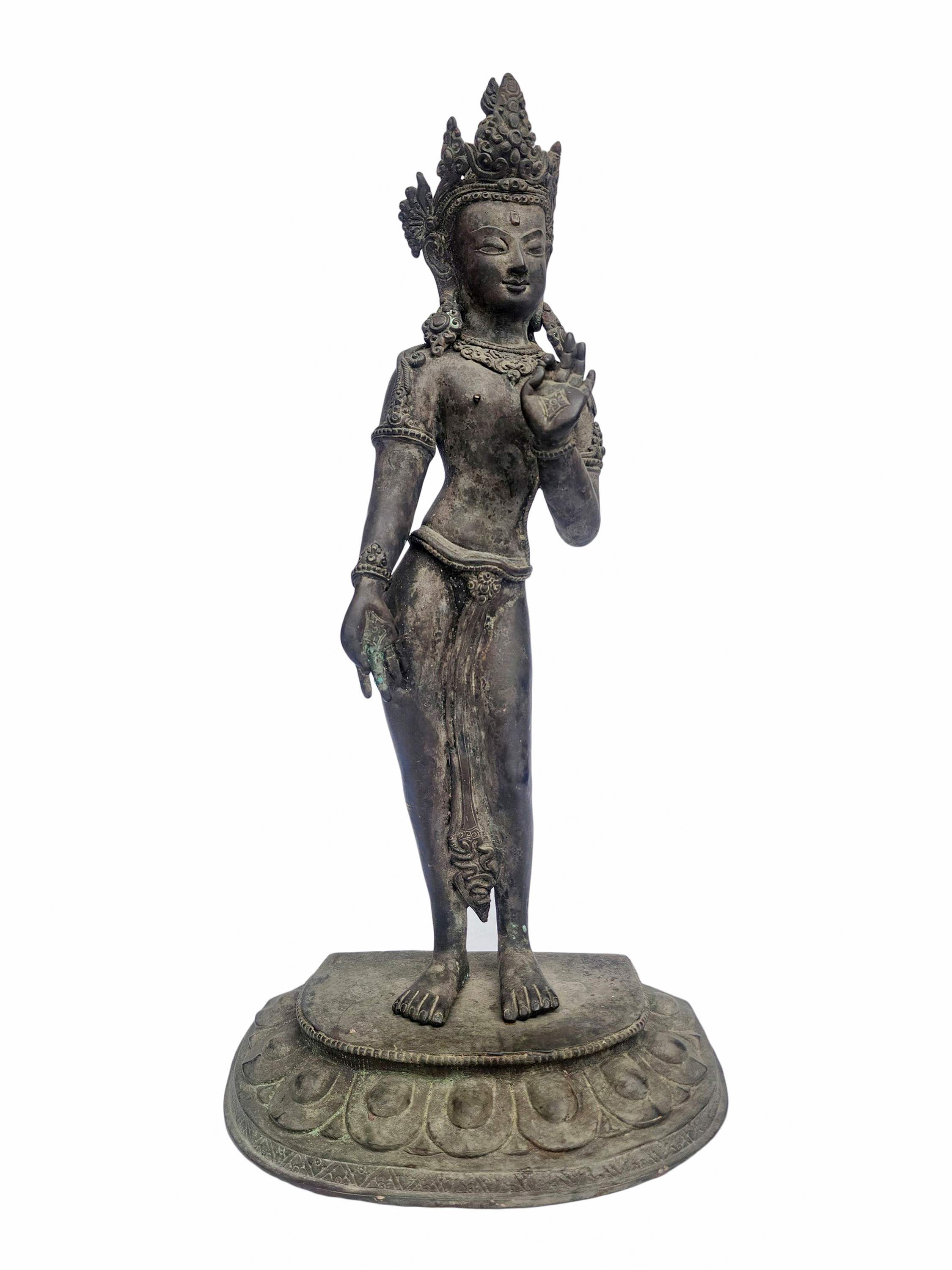 Stone Antique Finishing" title="Padmapani Lokeshvara, Buddhist Handmade Statue,
Stone Antique Finishing" title="Padmapani Lokeshvara, Buddhist Handmade Statue, 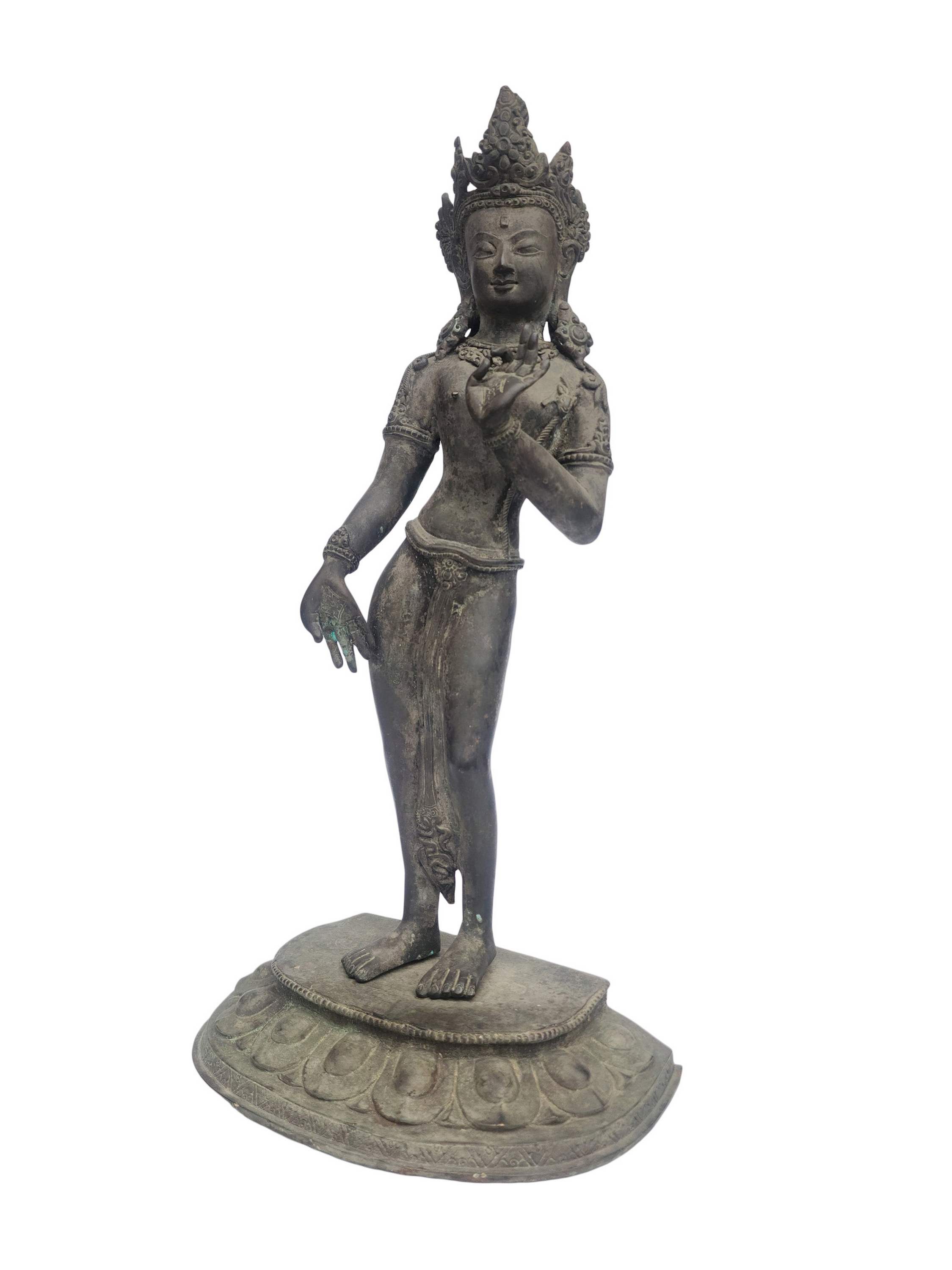 Stone Antique Finishing" title="Padmapani Lokeshvara, Buddhist Handmade Statue,
Stone Antique Finishing" title="Padmapani Lokeshvara, Buddhist Handmade Statue,  Master Quality, Buddhist Statue
Master Quality, Buddhist Statue 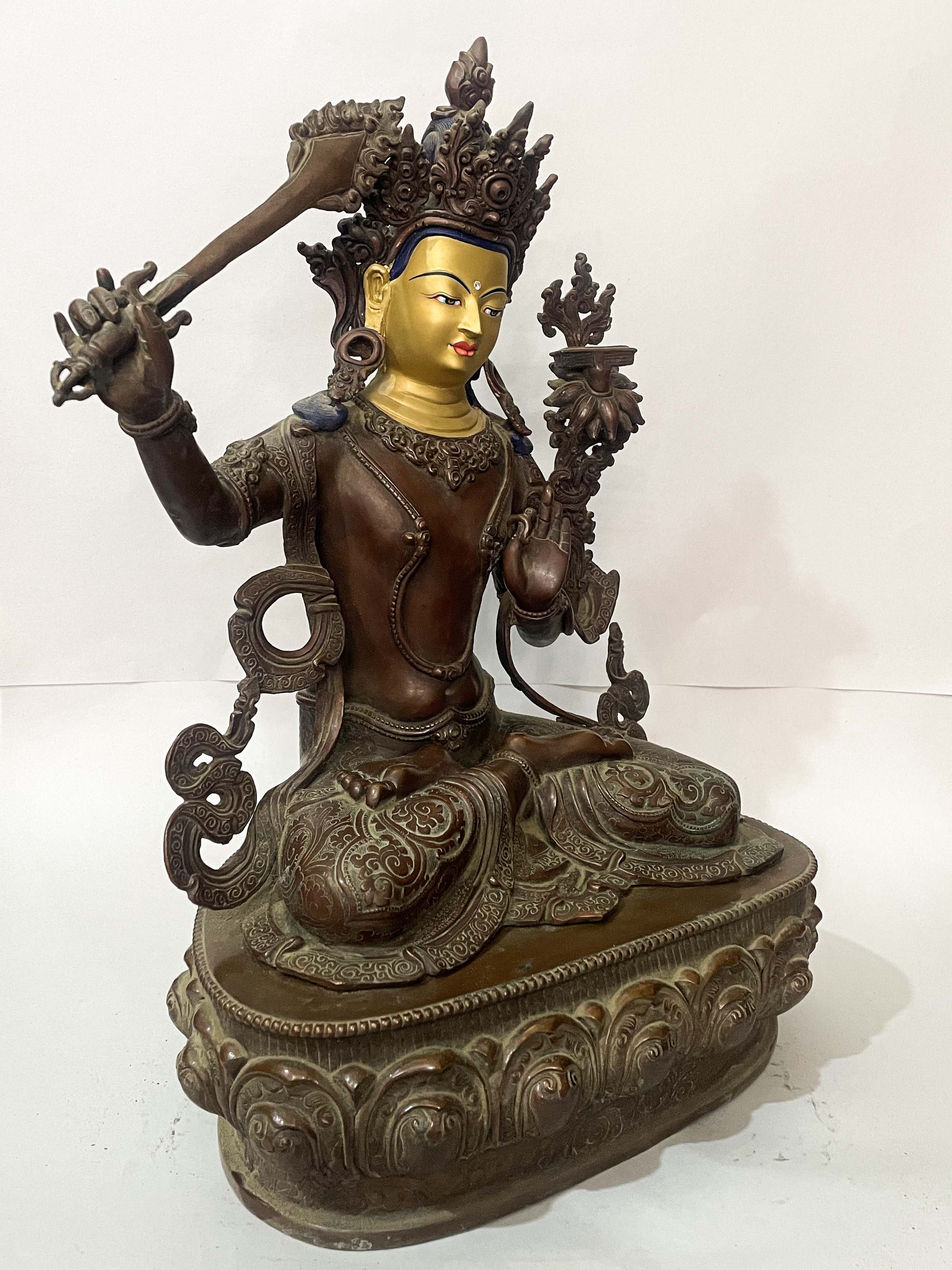 Master Quality, Buddhist Statue
Master Quality, Buddhist Statue 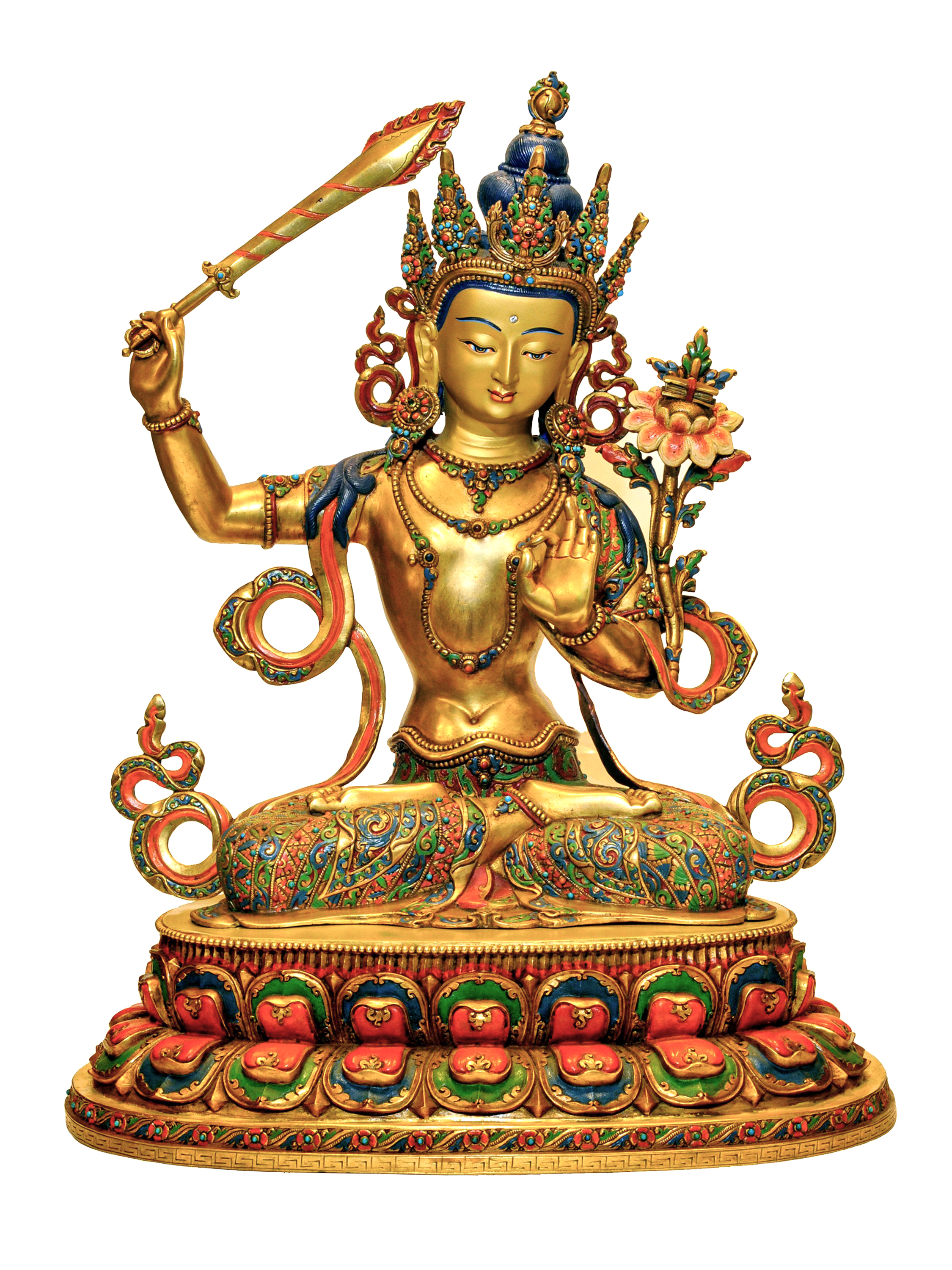 High Quality, Tibetan Buddhist Handmade Statue
High Quality, Tibetan Buddhist Handmade Statue 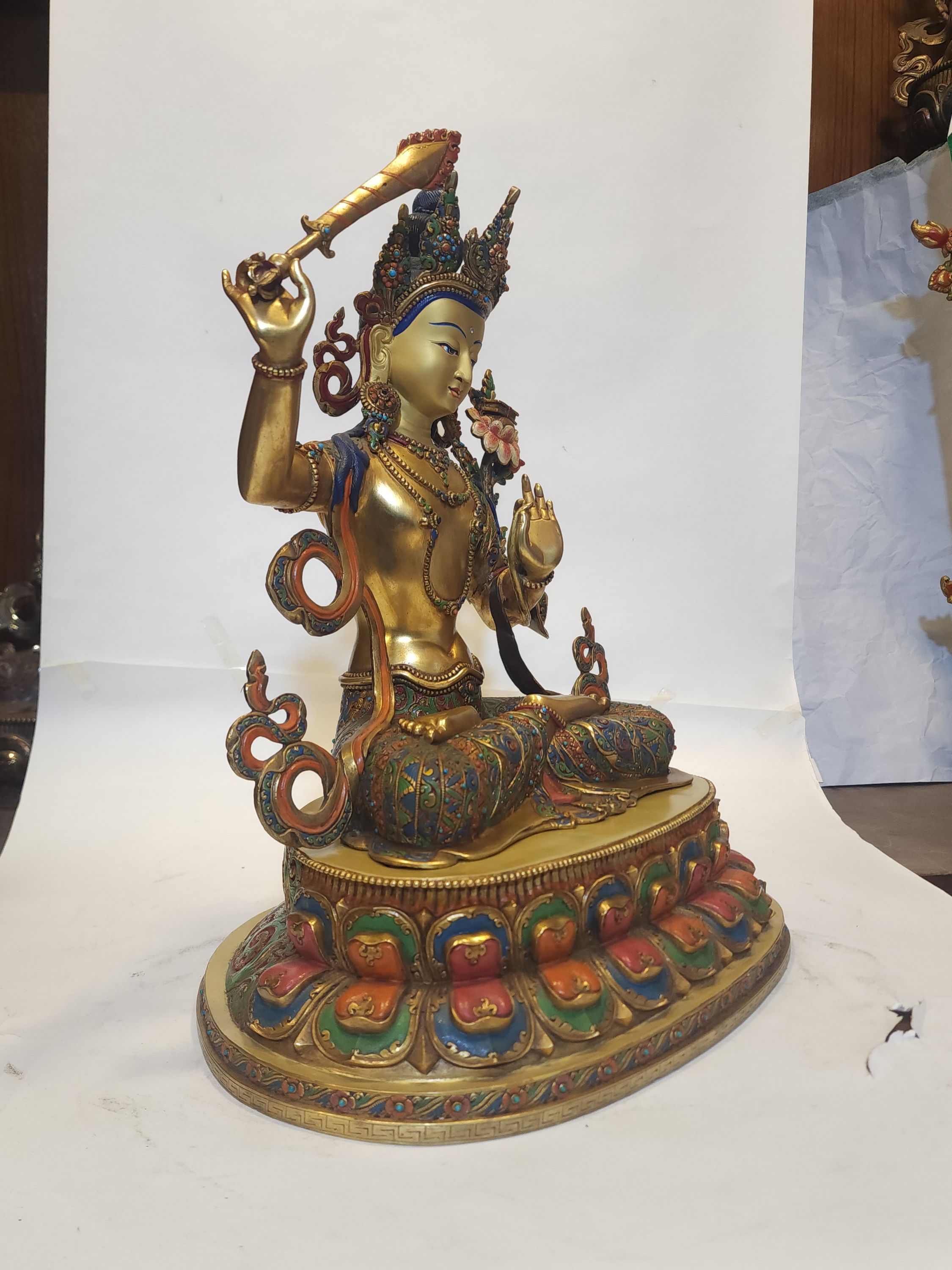 High Quality, Tibetan Buddhist Handmade Statue
High Quality, Tibetan Buddhist Handmade Statue 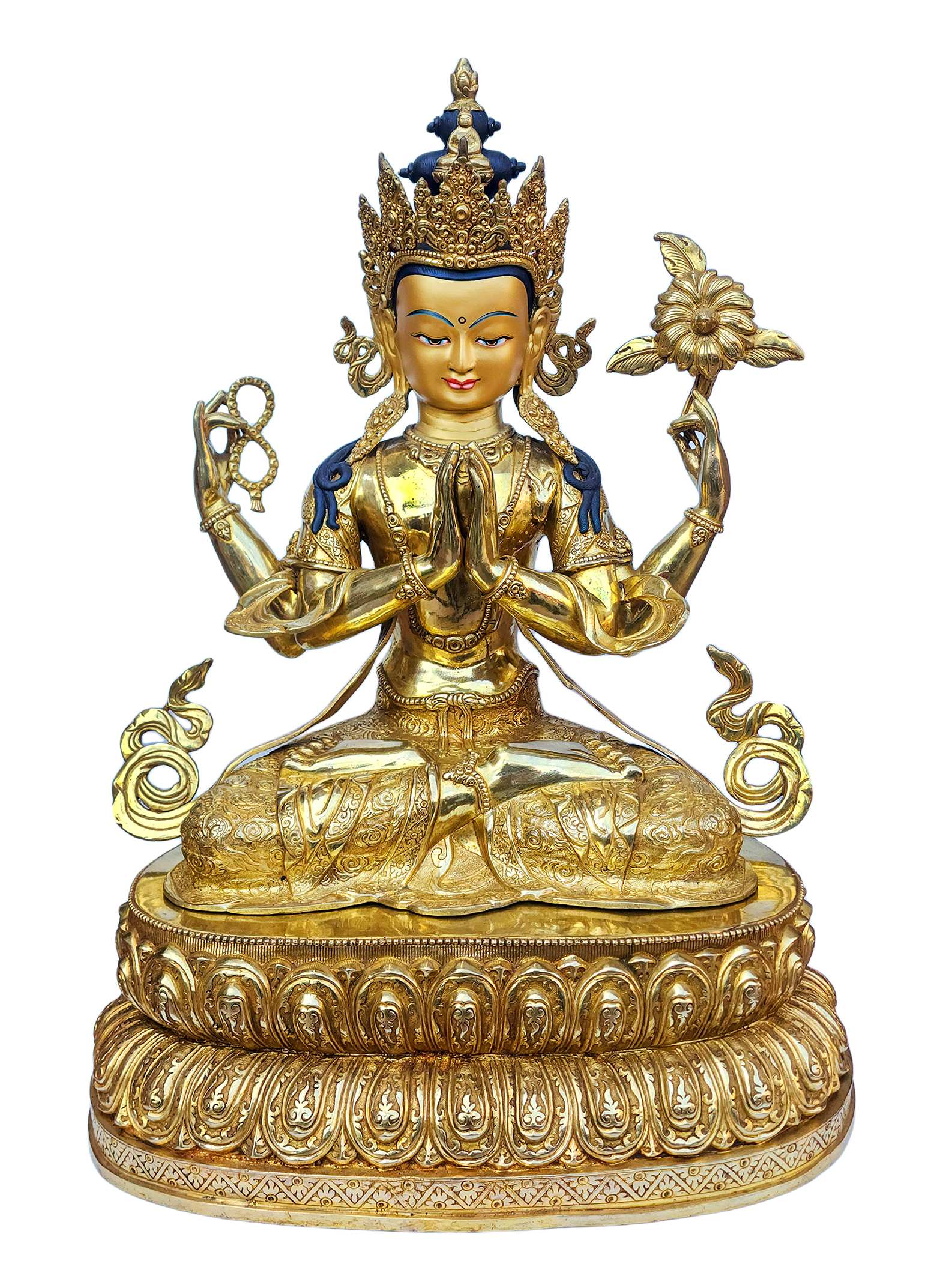 Chenrezig, Buddhist Handmade Statue,
Chenrezig, Buddhist Handmade Statue, 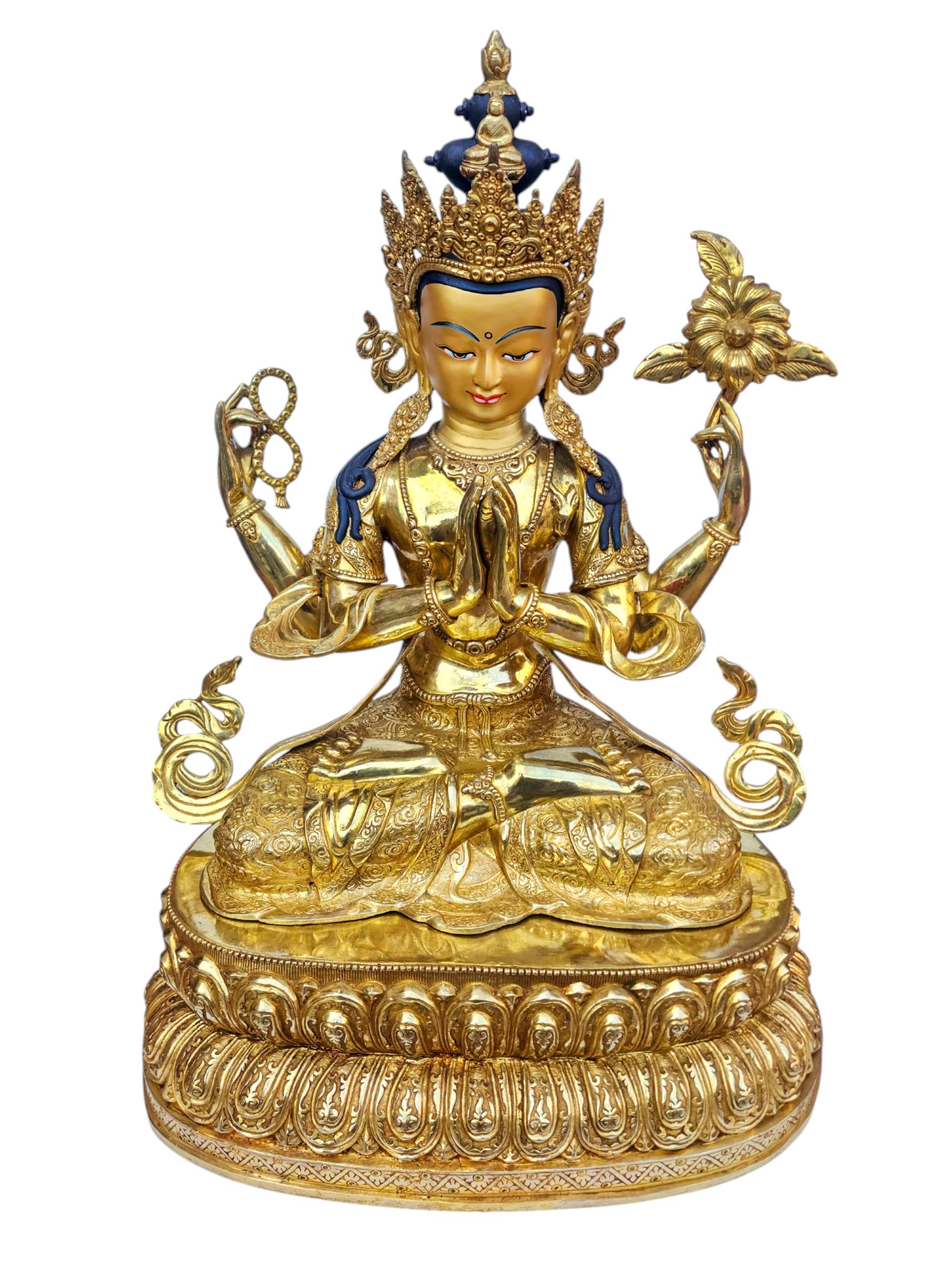 Chenrezig, Buddhist Handmade Statue,
Chenrezig, Buddhist Handmade Statue, 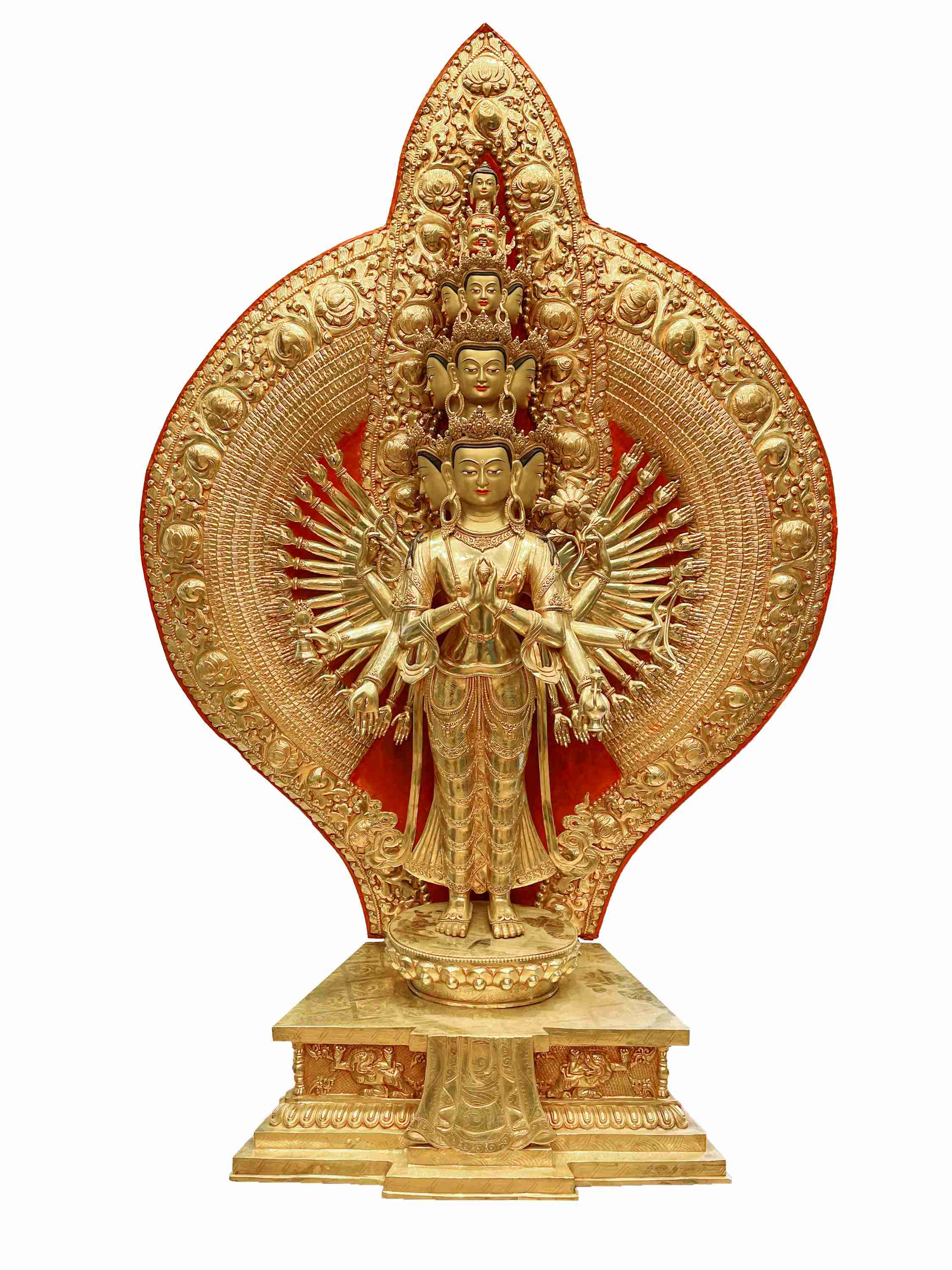 High Quality, Buddhist Statue
High Quality, Buddhist Statue 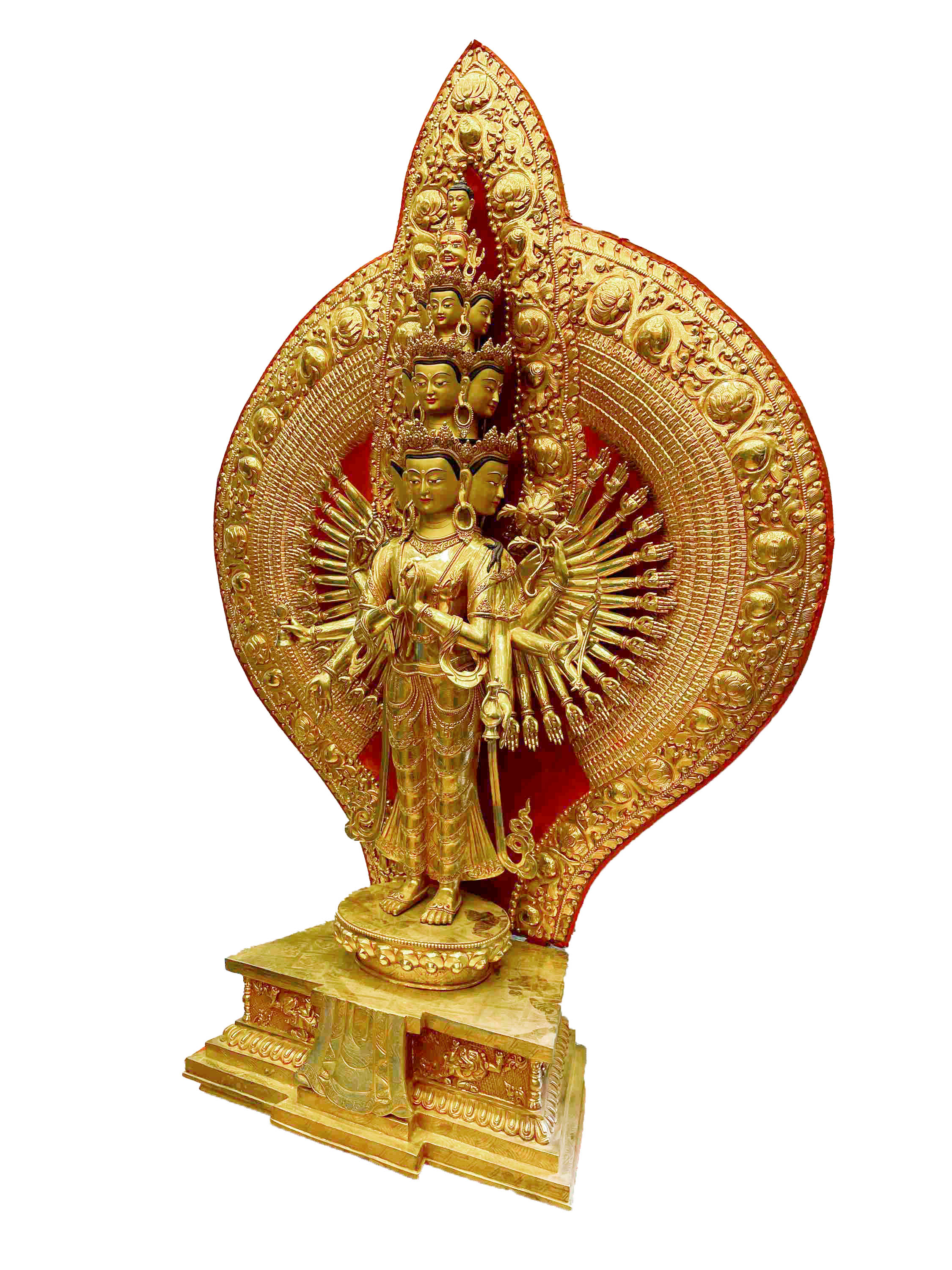 High Quality, Buddhist Statue
High Quality, Buddhist Statue 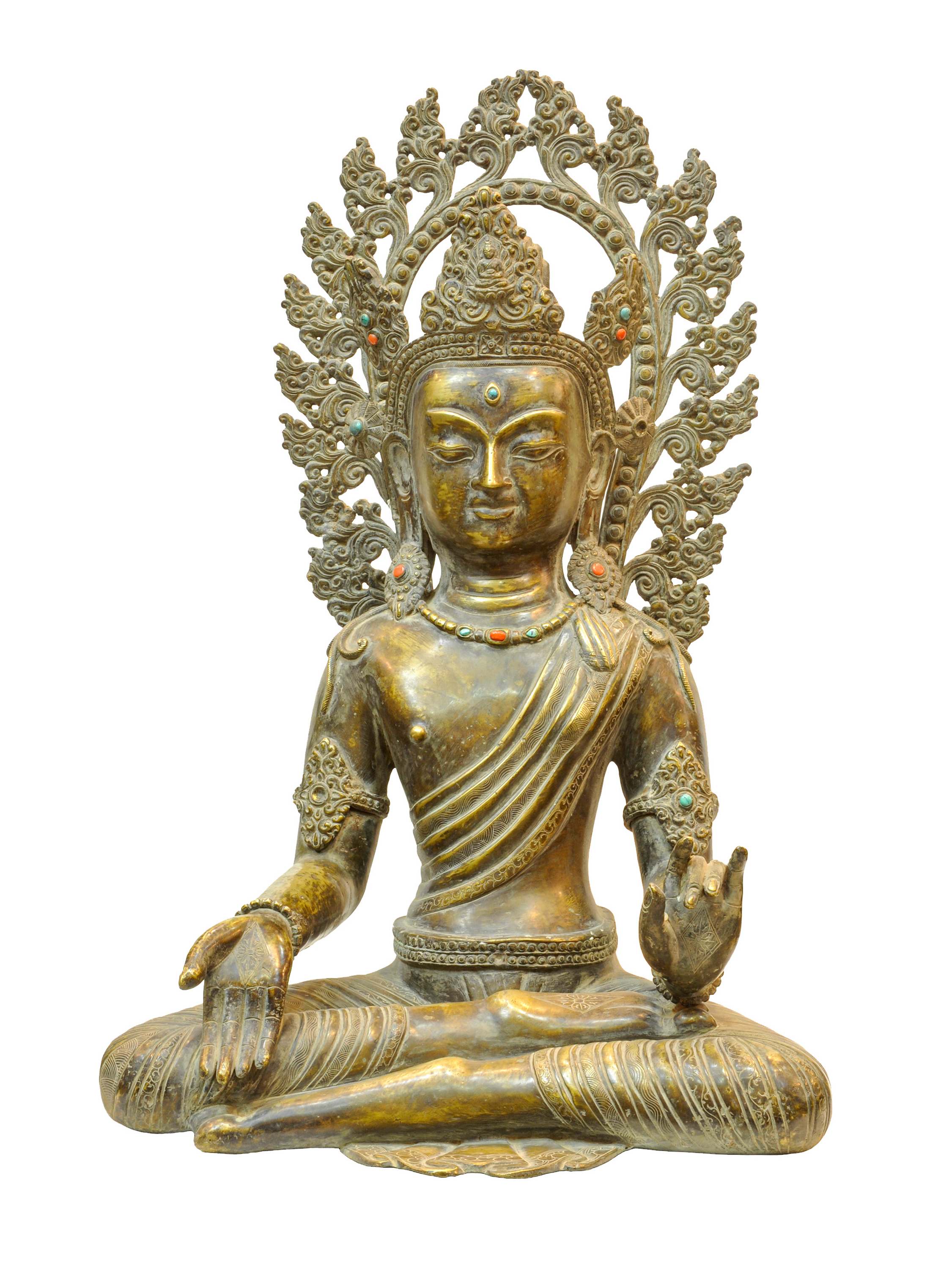 of Bodhisattva,
of Bodhisattva, 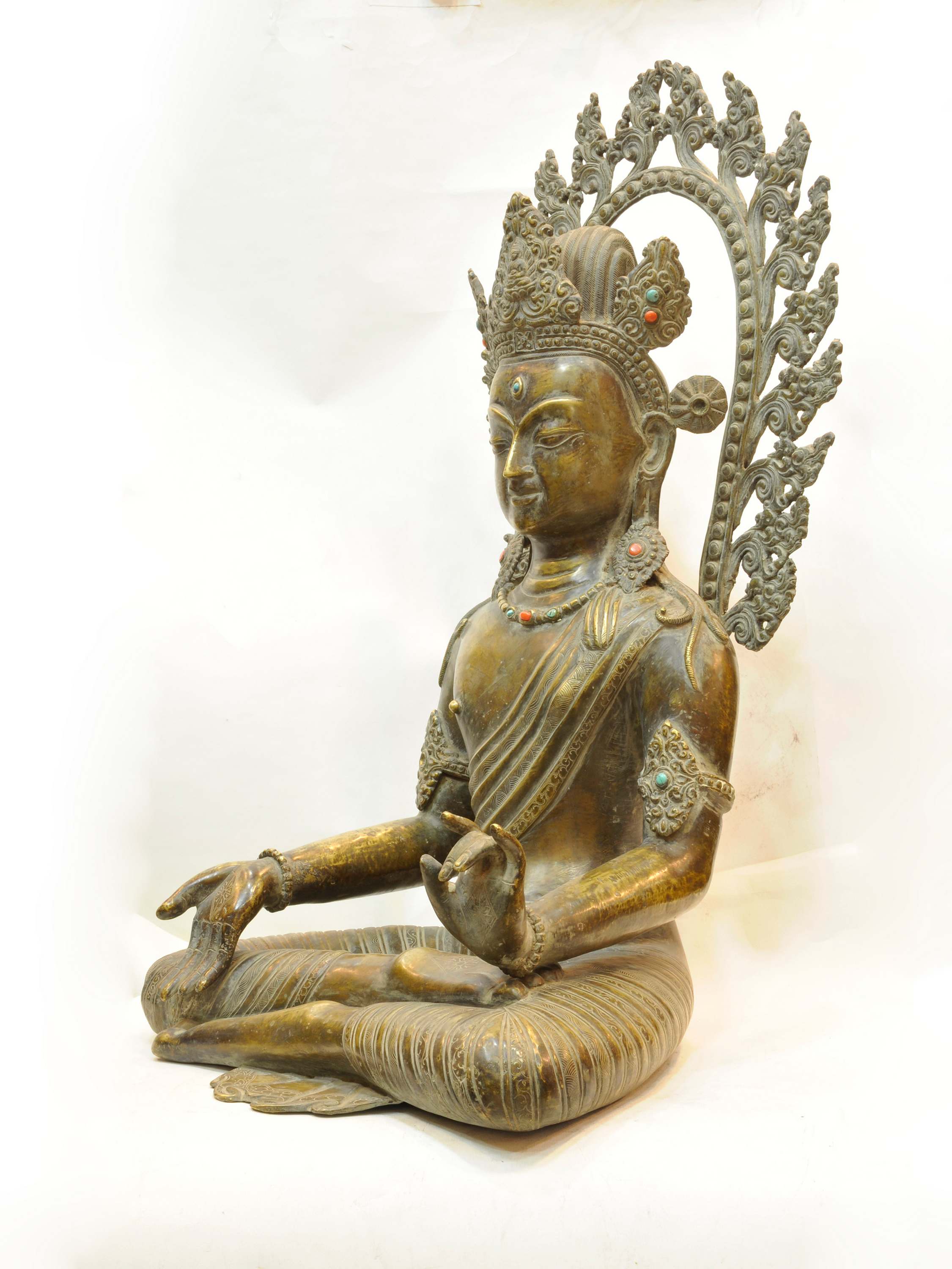 of Bodhisattva,
of Bodhisattva, 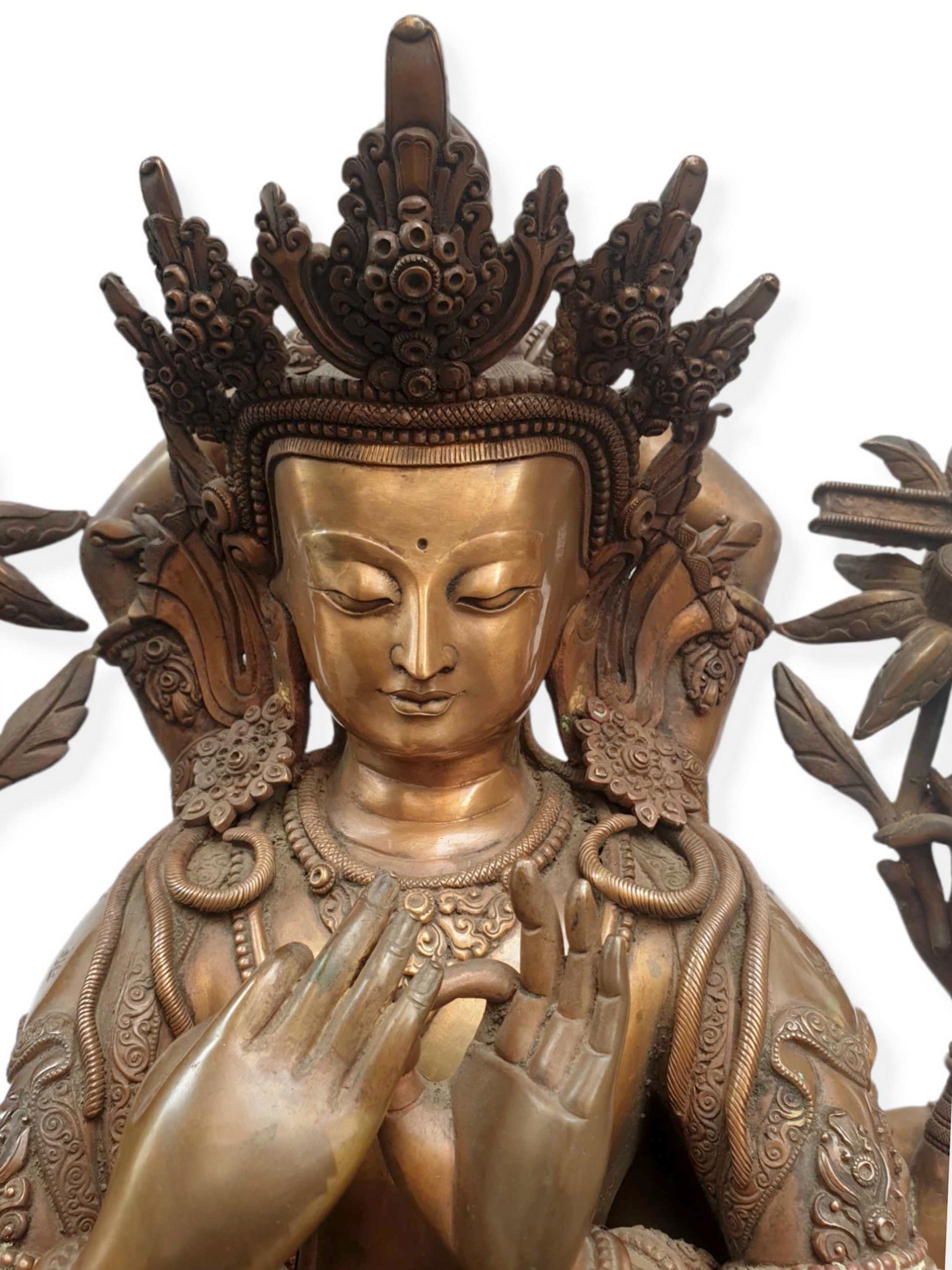 Last Piece, Buddhist Statue Fo Namasangiti, Manjushree,
Last Piece, Buddhist Statue Fo Namasangiti, Manjushree, 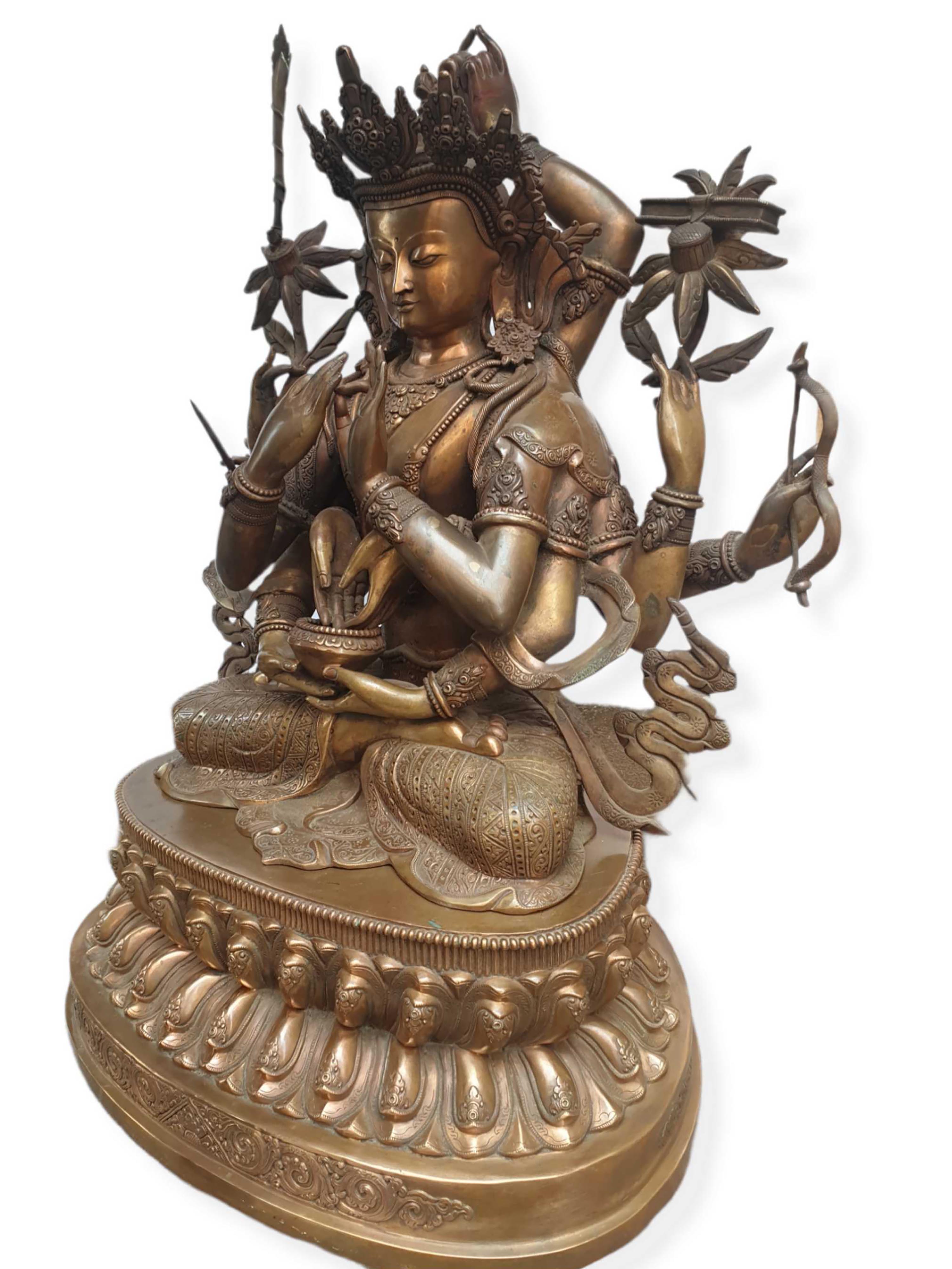 Last Piece, Buddhist Statue Fo Namasangiti, Manjushree,
Last Piece, Buddhist Statue Fo Namasangiti, Manjushree,  of Chenrezig,
of Chenrezig, 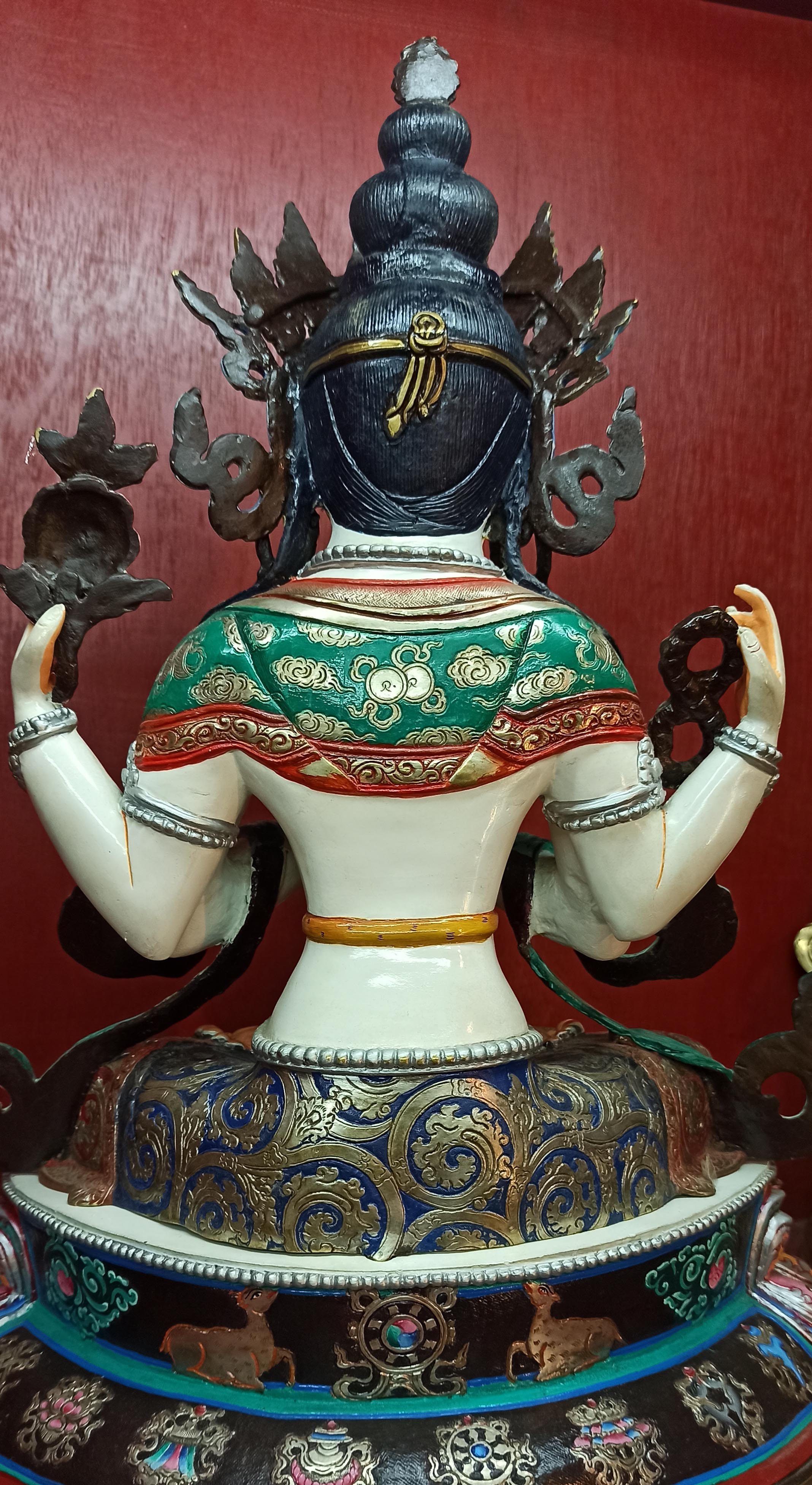 of Chenrezig,
of Chenrezig,  Waiting Patina Finishing,
Waiting Patina Finishing, 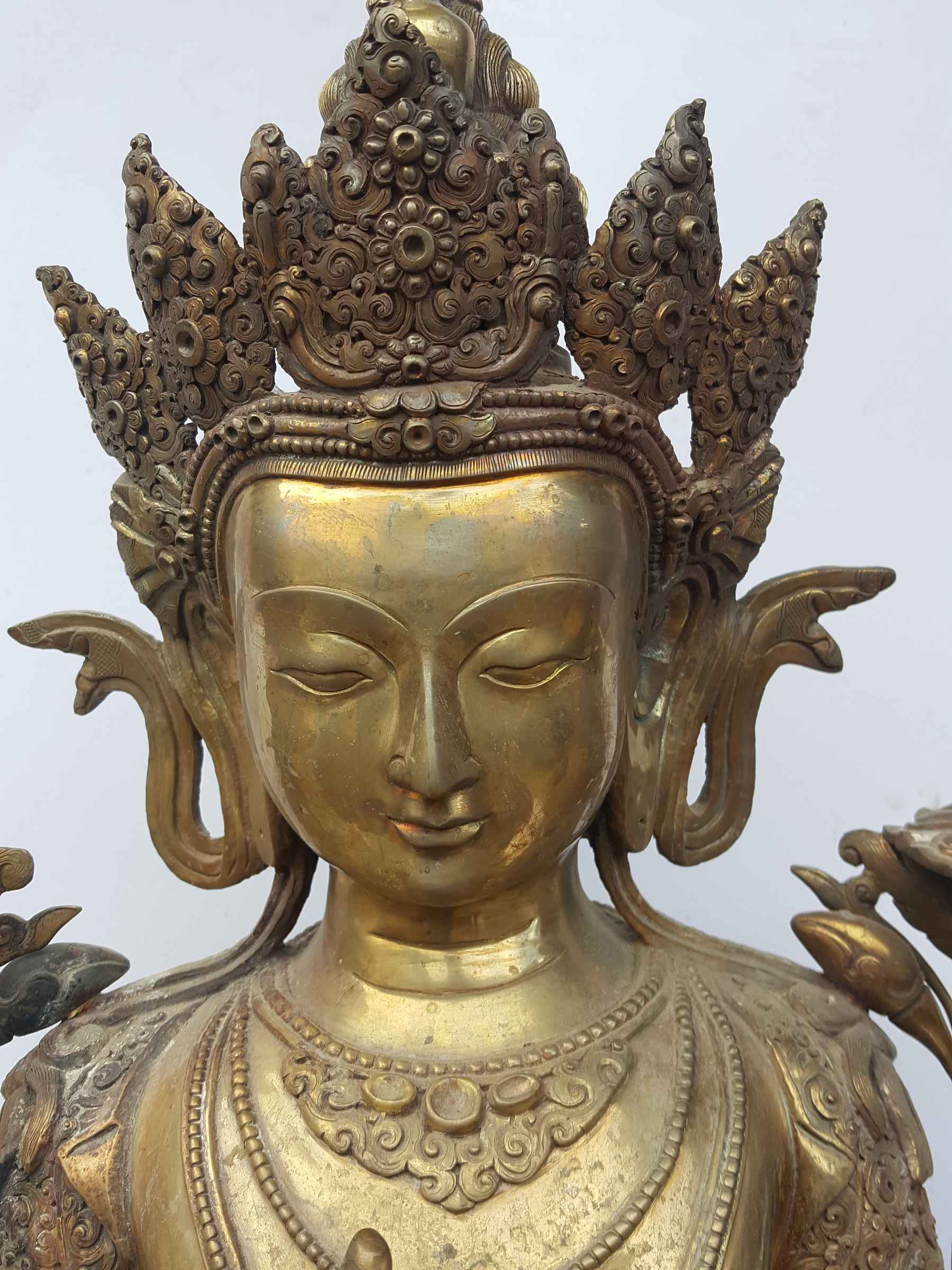 Waiting Patina Finishing,
Waiting Patina Finishing, 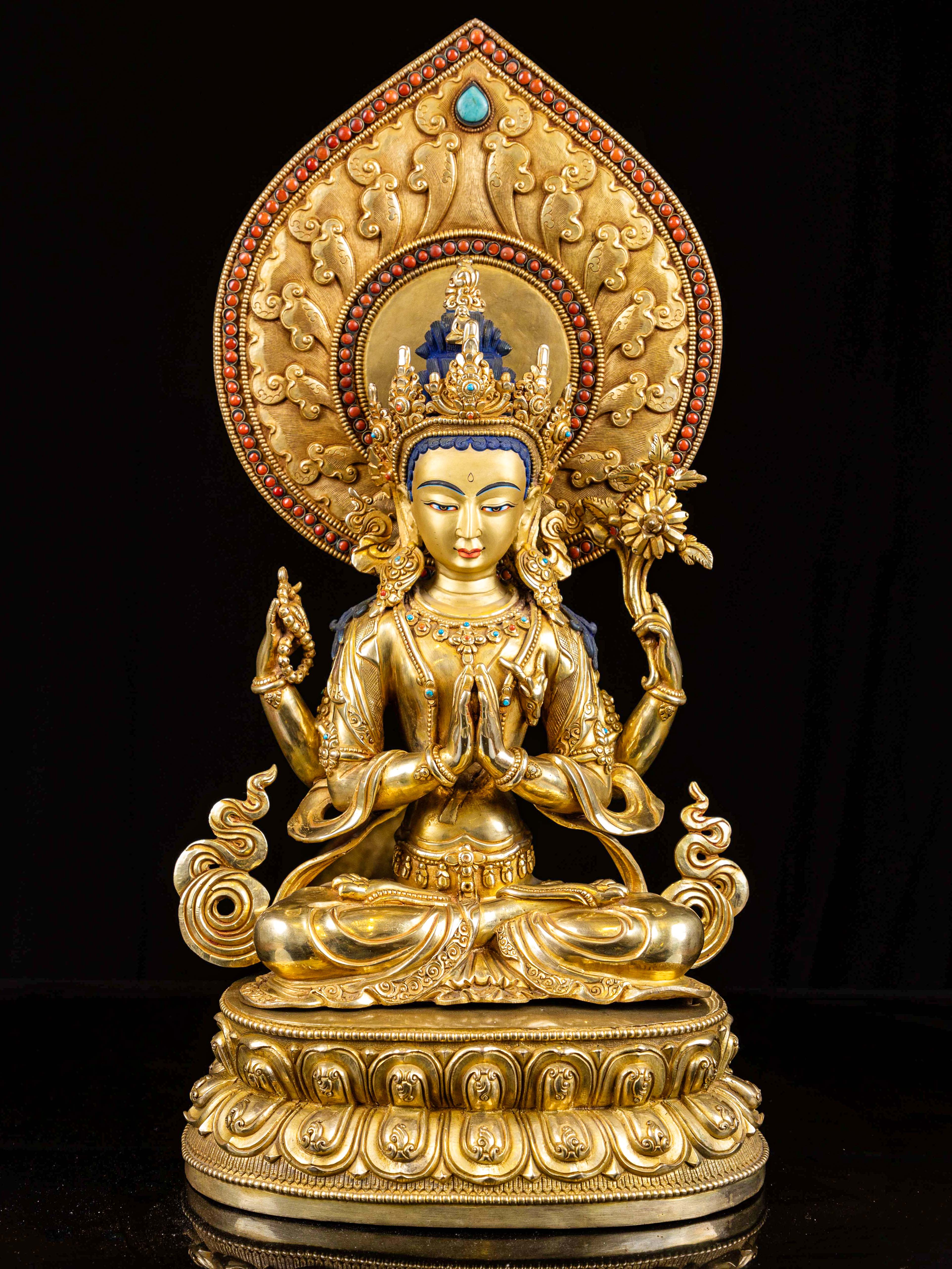 Chenrezig, Buddhist Handmade Statue,
Chenrezig, Buddhist Handmade Statue, 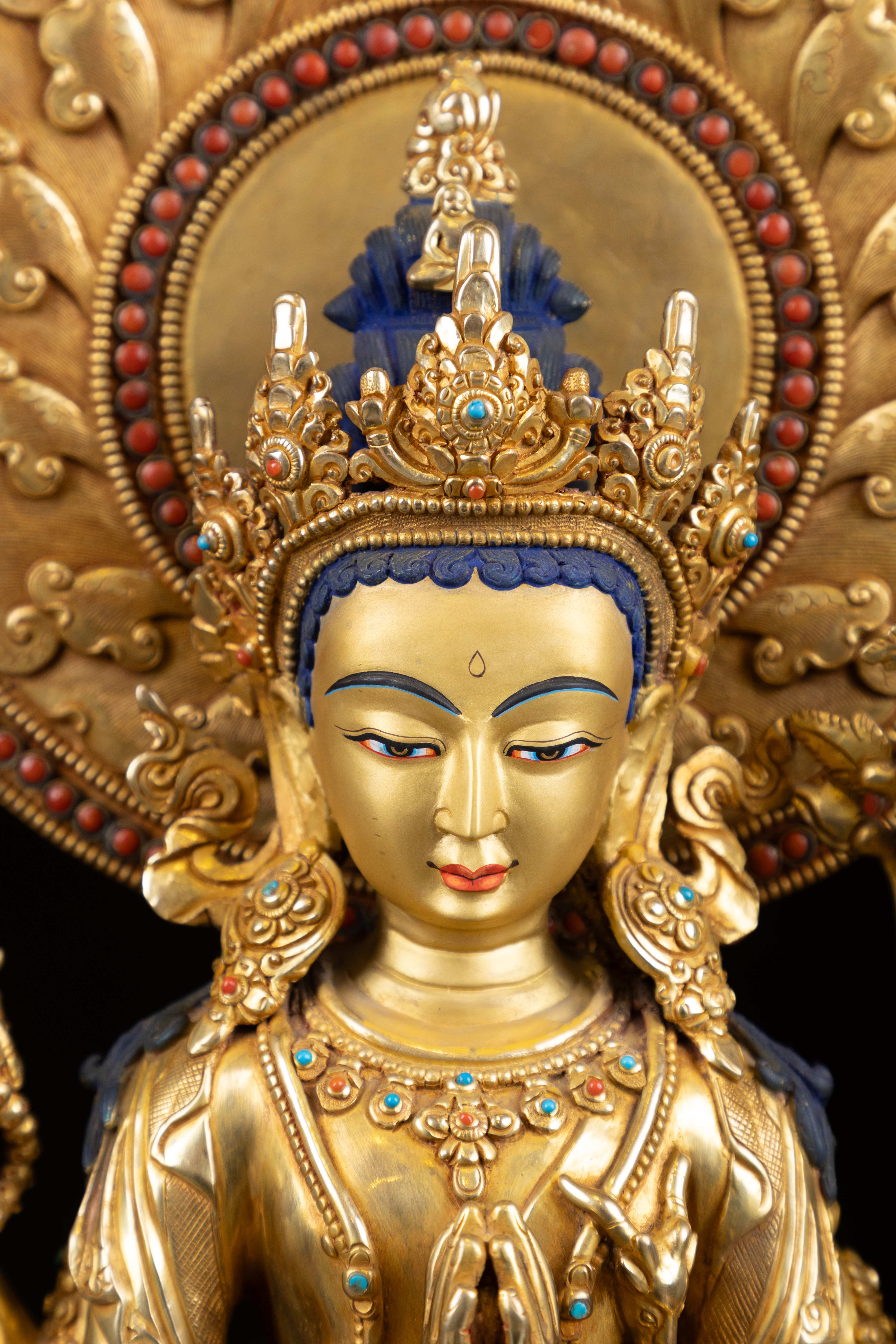 Chenrezig, Buddhist Handmade Statue,
Chenrezig, Buddhist Handmade Statue,